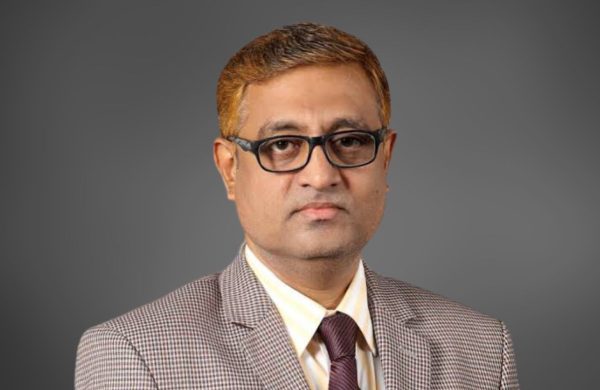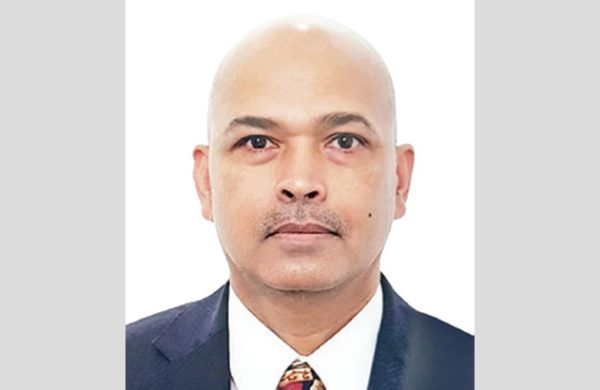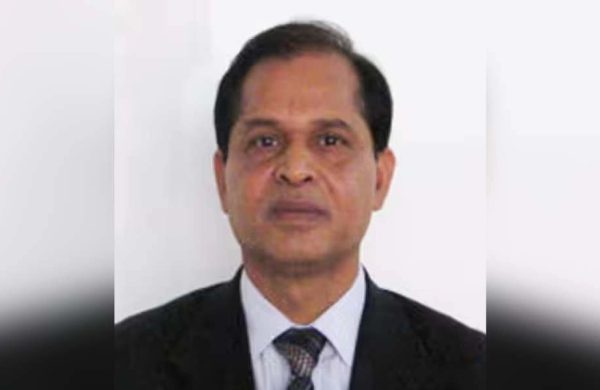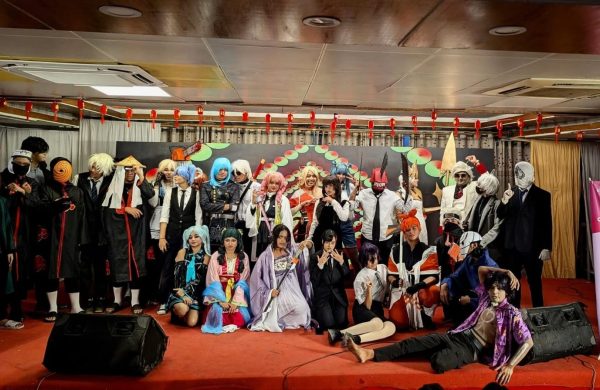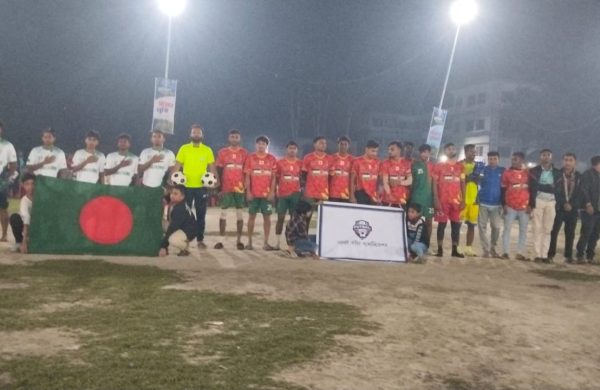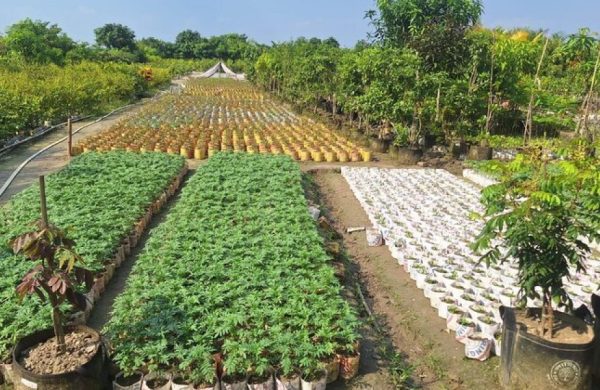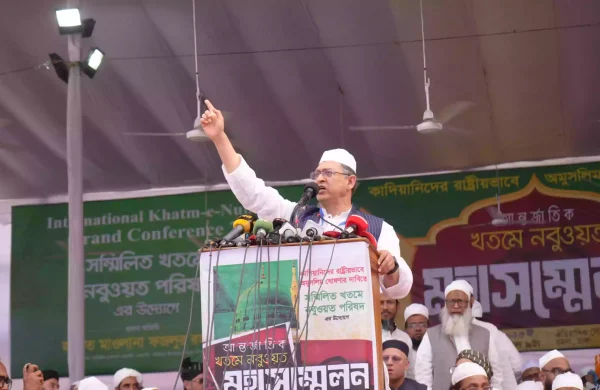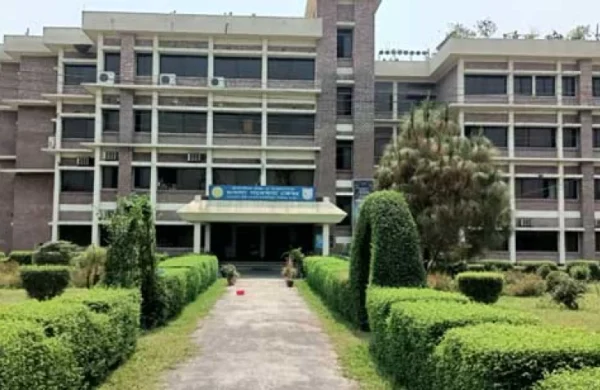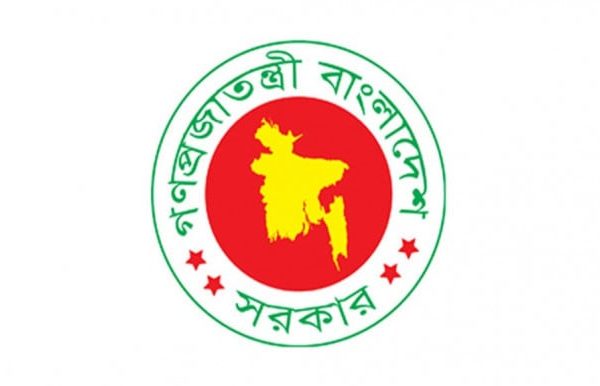A change in the existing system is essential
- Update Time : Saturday, June 21, 2025
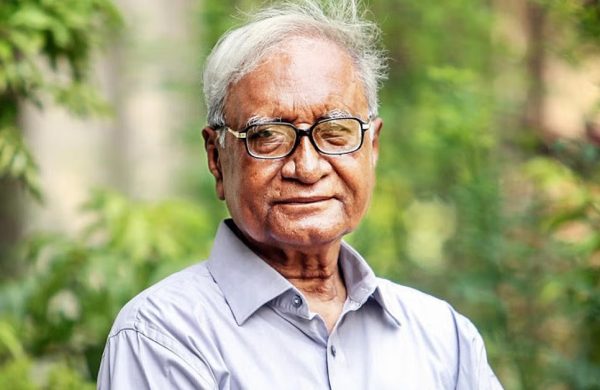
—Serajul Islam Choudhury—
These stories are not new; they are well-known and often repeated—on the streets, in newspapers. Daily papers revolve around stories, particularly two types that readers find compelling: politics and crime. Politics, currently tangled in a complex and chaotic state, may be set aside for now. Crime news, however, is plentiful—albeit largely repetitive. With few exceptions, the root causes behind crimes remain unexamined, as newspapers lack the capacity or freedom to investigate them deeply. Journalists have the ability, but are not allowed to dig.
The biggest crime in the country is capital flight. Wealth is generated by people’s labour, yet those who create it are routinely deprived. This injustice has persisted for generations. The scale and profile of those laundering wealth abroad is shocking, yet seldom revealed. Another major issue is defaulted loans. Banks don’t generate money themselves; it is the people’s deposits that are appropriated by the elite, who rarely invest it productively. Much of it is siphoned off abroad.
Newspapers are also in a difficult position. Though numerous, most fail to attract readers. Their stories remain shallow and repetitive, often suppressing the truth. Competing with these papers are social media platforms, where information—sometimes unfiltered, sometimes misinformation—spreads instantly. Social media hosts a range of impassioned reactions, many of which would never make it into print. Moreover, newspapers can be shut down, but social media is omnipresent.
This lack of compelling narratives extends to theatre and cinema. After independence, there was a surge in group theatre in Dhaka, but it failed to thrive due to a lack of strong plays. Even mediocre playwriting has declined. Writers struggle to find meaningful stories amidst a social atmosphere that lacks philosophical reflection—something nurtured only under conducive circumstances, which are now absent.
Stage drama has diminished. Local community centres remain unused for theatre. Why? Because people are more disconnected than ever. Social engagement has declined, largely due to capitalism, which isolates individuals and encourages selfish pursuits over collective benefit. The once-popular ideals of unity and shared purpose have become laughable in today’s cut-throat reality.
Television still airs dramas, but they suffer the same fate—lacking substance. Drama demands conflict, which exists everywhere in real life, but when the underlying causes—economic and political—are ignored, the stories fall flat. Advertising now dictates content, with product placements interrupting narratives. The weakness of cinema also stems from poor storytelling, which is covered up by noise, conflict, and melodrama.
2
In our most recent general election, there was virtually no competition. Opposition parties abstained, and the supposed “independents” were in reality ruling party affiliates. These candidates, once dubbed “rebels”, were quietly endorsed to simulate a competitive race. As voters were unmotivated, even the illusion of democracy was weak.
Take the example of Advocate Abul Kalam Azad from Natore, who publicly declared he had spent Tk 12.6 million to win the election—and vowed to recover it, even through irregular means. Of course, there is little hope of doing so legally. Another case is MP Anwarul Azim from Jhenaidah, who became immensely wealthy—allegedly through gold smuggling and narcotics. His parliamentary status was no barrier to these activities.
When Pakistan was formed, its founder Mohammad Ali Jinnah warned in the first session of the constituent assembly against corruption and nepotism, stating they would be deeply damaging if tolerated. Yet, both were rampant in Pakistan—and remain so in Bangladesh. Despite achieving independence through a bloody war and dismantling Pakistan’s state structure, we failed to root out corruption or nepotism. In fact, they have flourished. Today, “progress” seems impossible without corruption. Nepotism has become brazen and widespread.
But a chance for change has emerged. Only by altering the existing outdated system and uniting patriotic citizens can we hope for redemption. There is no alternative to national unity.
——————————————————————————-
Author: Emeritus Professor, University of Dhaka


